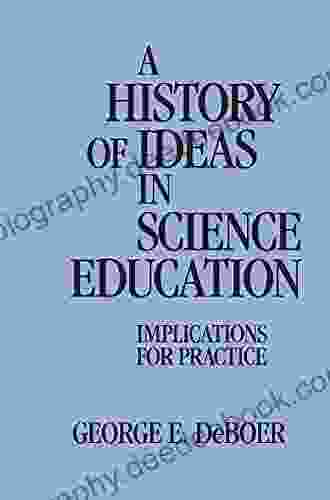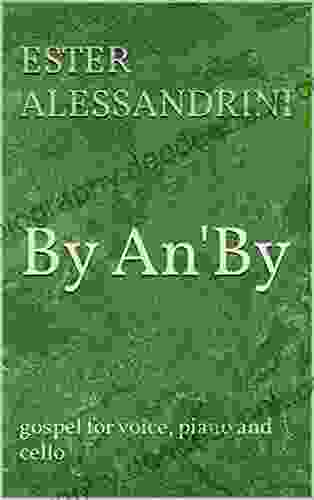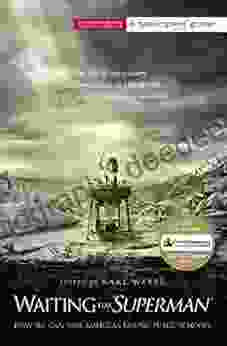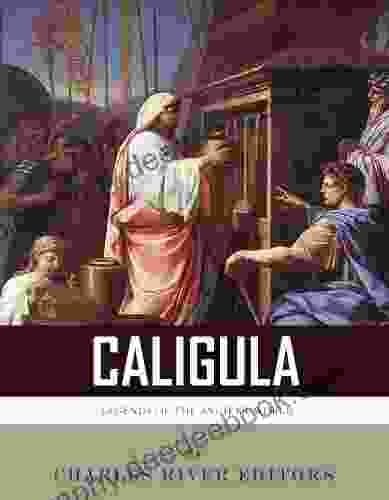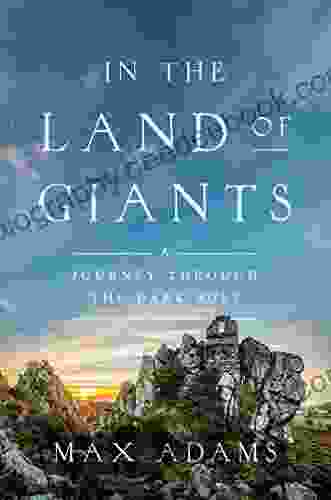History of Ideas in Science Education: A Journey Through Time

Science education, a cornerstone of modern education systems, has a rich and multifaceted history that spans centuries. Ideas and practices in science education have continuously evolved, reflecting the changing nature of science itself and the evolving understanding of how students learn. This article traces the major ideas and figures that have shaped the history of science education, from ancient origins to contemporary movements.
4.7 out of 5
| Language | : | English |
| File size | : | 599 KB |
| Text-to-Speech | : | Enabled |
| Screen Reader | : | Supported |
| Enhanced typesetting | : | Enabled |
| Word Wise | : | Enabled |
| Print length | : | 284 pages |
Ancient Roots and the Greek Legacy
The seeds of science education can be traced back to ancient civilizations. In ancient Greece, philosophers such as Aristotle and Plato emphasized the importance of observation, inquiry, and logical reasoning in understanding the natural world. Their ideas laid the foundation for the scientific method and influenced early approaches to teaching science.
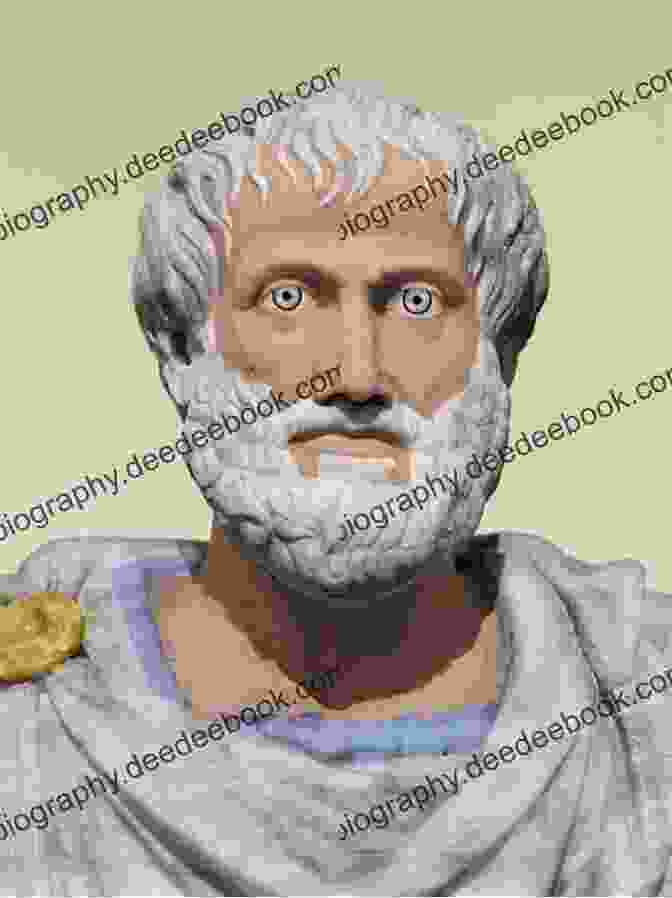
Medieval and Renaissance Eras
During the medieval period, science education was largely confined to religious institutions and focused on studying the works of ancient authorities. However, the Renaissance witnessed a resurgence of interest in direct observation and experimentation, influenced by figures like Leonardo da Vinci.
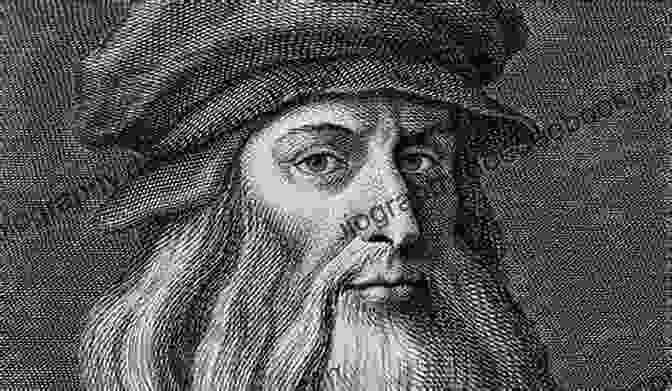
The Scientific Revolution and Enlightenment
The Scientific Revolution of the 17th and 18th centuries ushered in a paradigm shift in science and education. Scientists like Galileo and Newton challenged traditional beliefs and developed new theories based on observation and experimentation. These advancements had a profound impact on science education, leading to a greater emphasis on empirical methods and hands-on activities.
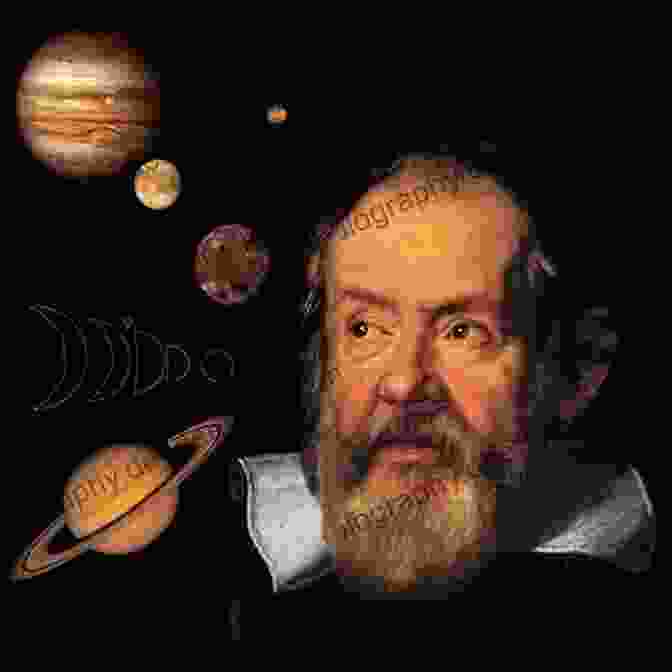
19th Century: Rise of Educational Reformers
The 19th century witnessed a wave of educational reformers who advocated for a more student-centered approach to science education. Figures like Johann Heinrich Pestalozzi and Friedrich Froebel emphasized the importance of stimulating students' curiosity and fostering their natural learning abilities.

20th Century: Progressive Education and Constructivism
The early 20th century saw the rise of progressive education, a movement that stressed the role of experience and student autonomy in learning. In science education, this led to a focus on inquiry-based learning and fostering students' problem-solving skills. Additionally, the constructivist approach to learning, developed by Jean Piaget, emphasized that students actively construct knowledge through their interactions with the world.
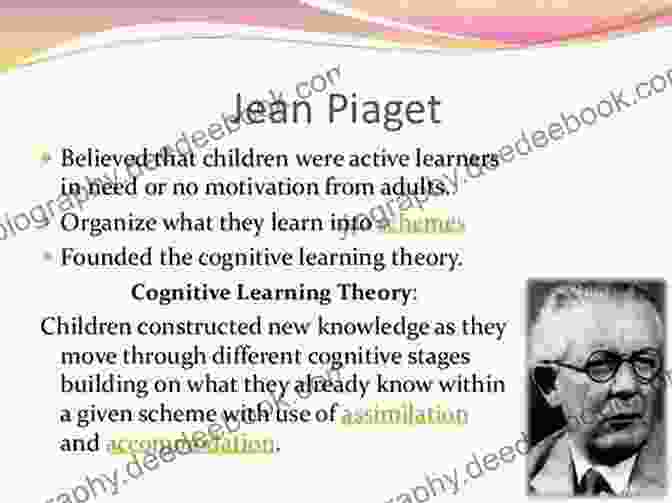
Contemporary Developments: STEM and Beyond
In recent decades, science education has shifted towards interdisciplinary approaches, with a focus on STEM (science, technology, engineering, and mathematics) education. This emphasis aims to prepare students for the 21st-century workforce and address real-world challenges. Additionally, there has been a growing recognition of the importance of diversity and equity in science education, fostering inclusive learning environments for all students.
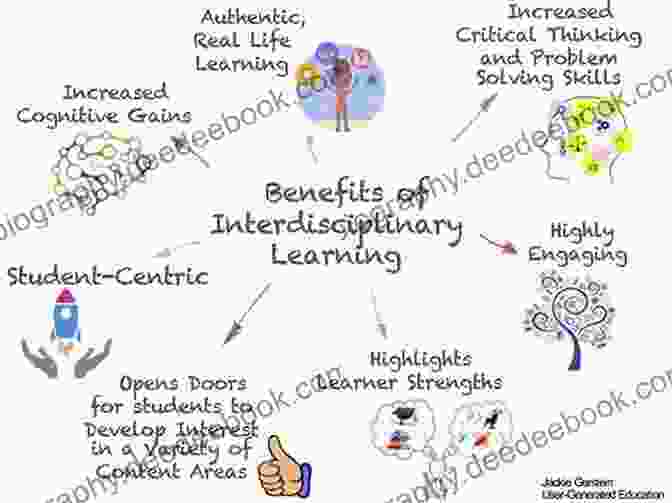
The history of ideas in science education is a dynamic and ever-evolving chronicle that reflects the changing nature of science and the evolving understanding of how students learn. From the ancient Greeks to contemporary approaches, the field has been shaped by pioneers, theories, and practices that have transformed the way we teach science. As we continue to navigate the ever-changing landscape of education, the lessons learned from the history of science education provide valuable insights and guidance for educators and policymakers alike.
4.7 out of 5
| Language | : | English |
| File size | : | 599 KB |
| Text-to-Speech | : | Enabled |
| Screen Reader | : | Supported |
| Enhanced typesetting | : | Enabled |
| Word Wise | : | Enabled |
| Print length | : | 284 pages |
Do you want to contribute by writing guest posts on this blog?
Please contact us and send us a resume of previous articles that you have written.
 Book
Book Novel
Novel Page
Page Chapter
Chapter Text
Text Story
Story Reader
Reader Paperback
Paperback E-book
E-book Newspaper
Newspaper Sentence
Sentence Shelf
Shelf Bibliography
Bibliography Preface
Preface Synopsis
Synopsis Annotation
Annotation Scroll
Scroll Codex
Codex Tome
Tome Biography
Biography Memoir
Memoir Encyclopedia
Encyclopedia Dictionary
Dictionary Thesaurus
Thesaurus Narrator
Narrator Card Catalog
Card Catalog Periodicals
Periodicals Lending
Lending Reserve
Reserve Academic
Academic Journals
Journals Reading Room
Reading Room Rare Books
Rare Books Special Collections
Special Collections Interlibrary
Interlibrary Storytelling
Storytelling Awards
Awards Reading List
Reading List Book Club
Book Club Theory
Theory Nikki Moustaki
Nikki Moustaki Taylor Rose
Taylor Rose Sussan England
Sussan England David H Petraeus
David H Petraeus Laura Morelli
Laura Morelli Juan Adalid
Juan Adalid Delancey Stewart
Delancey Stewart Joe Dolan
Joe Dolan John Jeston
John Jeston Megan Tobias Neely
Megan Tobias Neely Jonathan Clements
Jonathan Clements Carolyn Maull Mckinstry
Carolyn Maull Mckinstry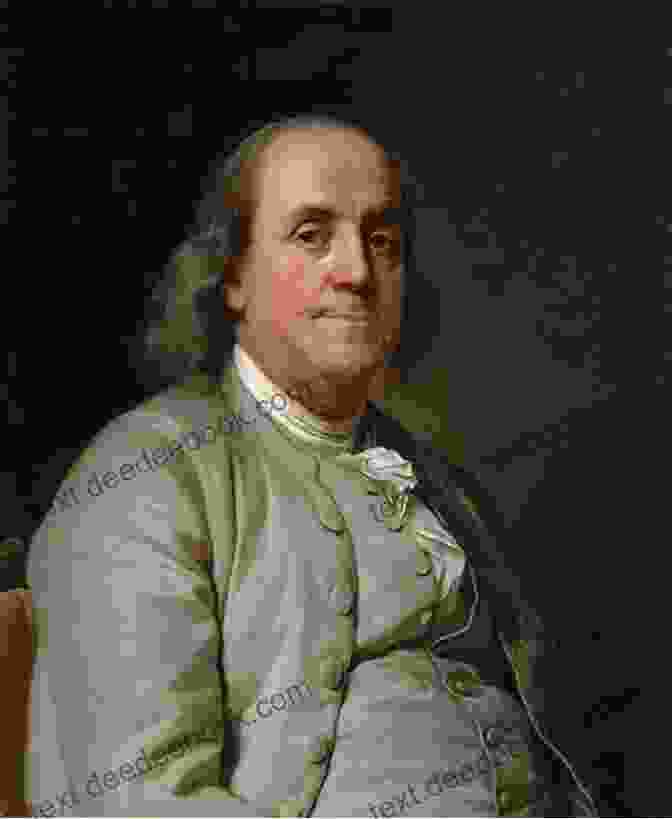 Benjamin Franklin
Benjamin Franklin Julie Ken
Julie Ken Noah Hawley
Noah Hawley Charles L Granata
Charles L Granata Marie Louise Graff
Marie Louise Graff Kate Baer
Kate Baer Scott D Gottschalk
Scott D Gottschalk 2nd Edition Kindle Edition
2nd Edition Kindle Edition
Light bulbAdvertise smarter! Our strategic ad space ensures maximum exposure. Reserve your spot today!

 Peter CarterElementary Scales and Bowings for Viola Music Instruction: A Comprehensive...
Peter CarterElementary Scales and Bowings for Viola Music Instruction: A Comprehensive... Allen ParkerFollow ·10.4k
Allen ParkerFollow ·10.4k Emanuel BellFollow ·3k
Emanuel BellFollow ·3k VoltaireFollow ·5.2k
VoltaireFollow ·5.2k Elliott CarterFollow ·13.2k
Elliott CarterFollow ·13.2k George OrwellFollow ·6.9k
George OrwellFollow ·6.9k Robert Louis StevensonFollow ·11.6k
Robert Louis StevensonFollow ·11.6k Jason ReedFollow ·14.8k
Jason ReedFollow ·14.8k Virginia WoolfFollow ·11.8k
Virginia WoolfFollow ·11.8k
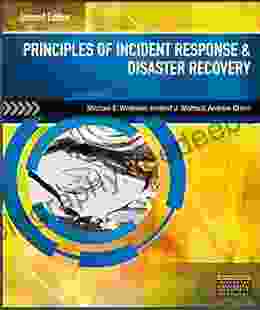
 Franklin Bell
Franklin BellSecond Edition Pdf No Audio: A Comprehensive Guide to the...
The Second Edition...
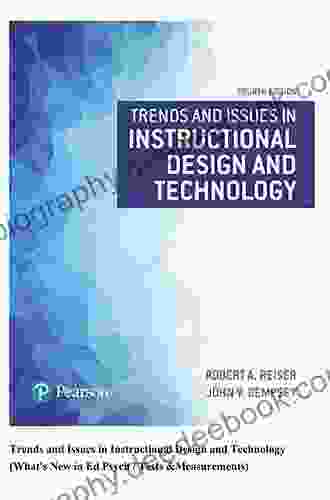
 Jackson Blair
Jackson BlairTrends and Issues in Instructional Design and Technology
Instructional...

 Mario Vargas Llosa
Mario Vargas LlosaEnchanting Enigma Variations and Triumphant Pomp and...
The Enigma Variations: A...

 Dwight Blair
Dwight BlairTime Between Us: A Novel That Explores the Power of...
Prepare to be swept away by...
4.7 out of 5
| Language | : | English |
| File size | : | 599 KB |
| Text-to-Speech | : | Enabled |
| Screen Reader | : | Supported |
| Enhanced typesetting | : | Enabled |
| Word Wise | : | Enabled |
| Print length | : | 284 pages |


